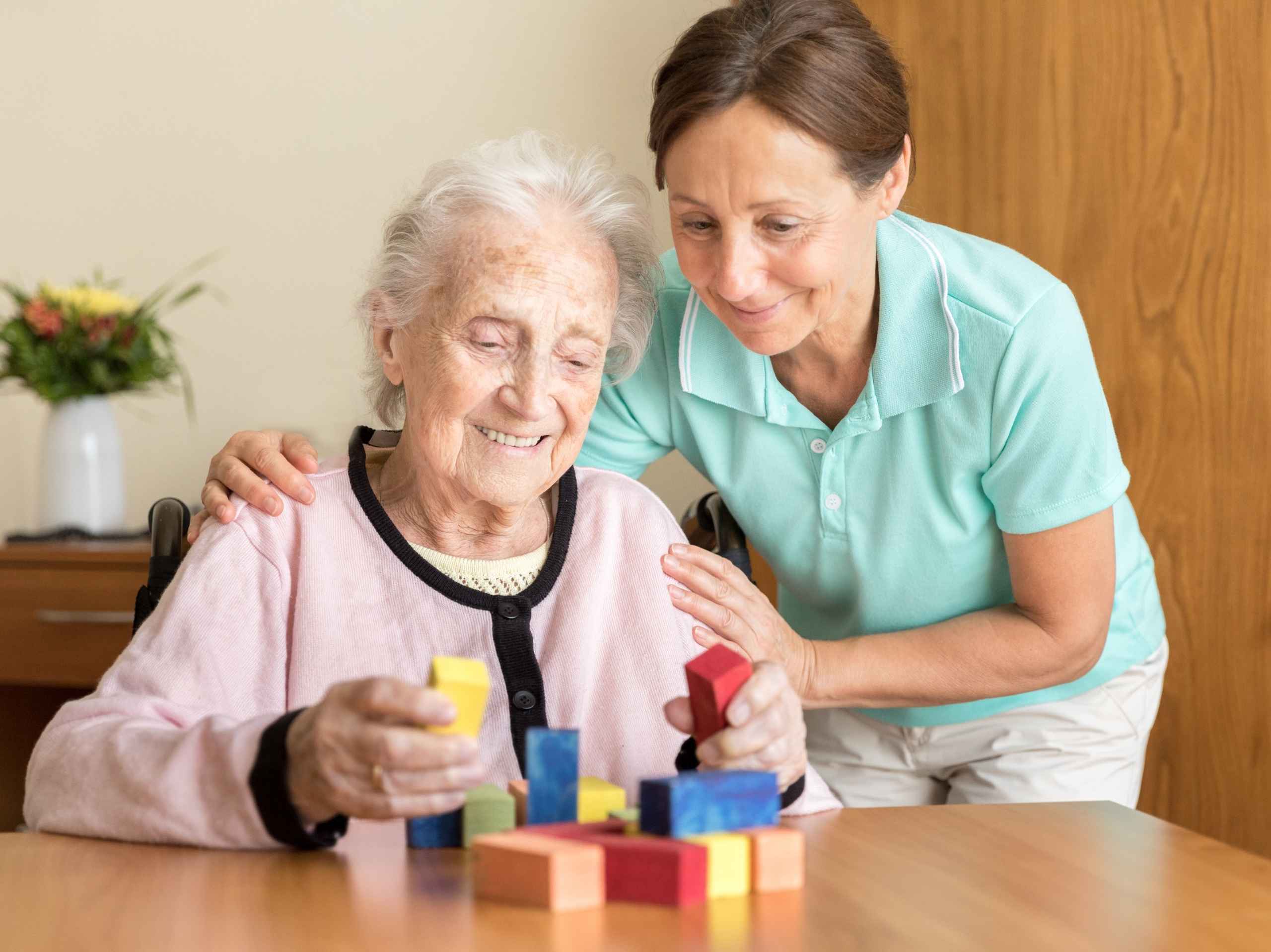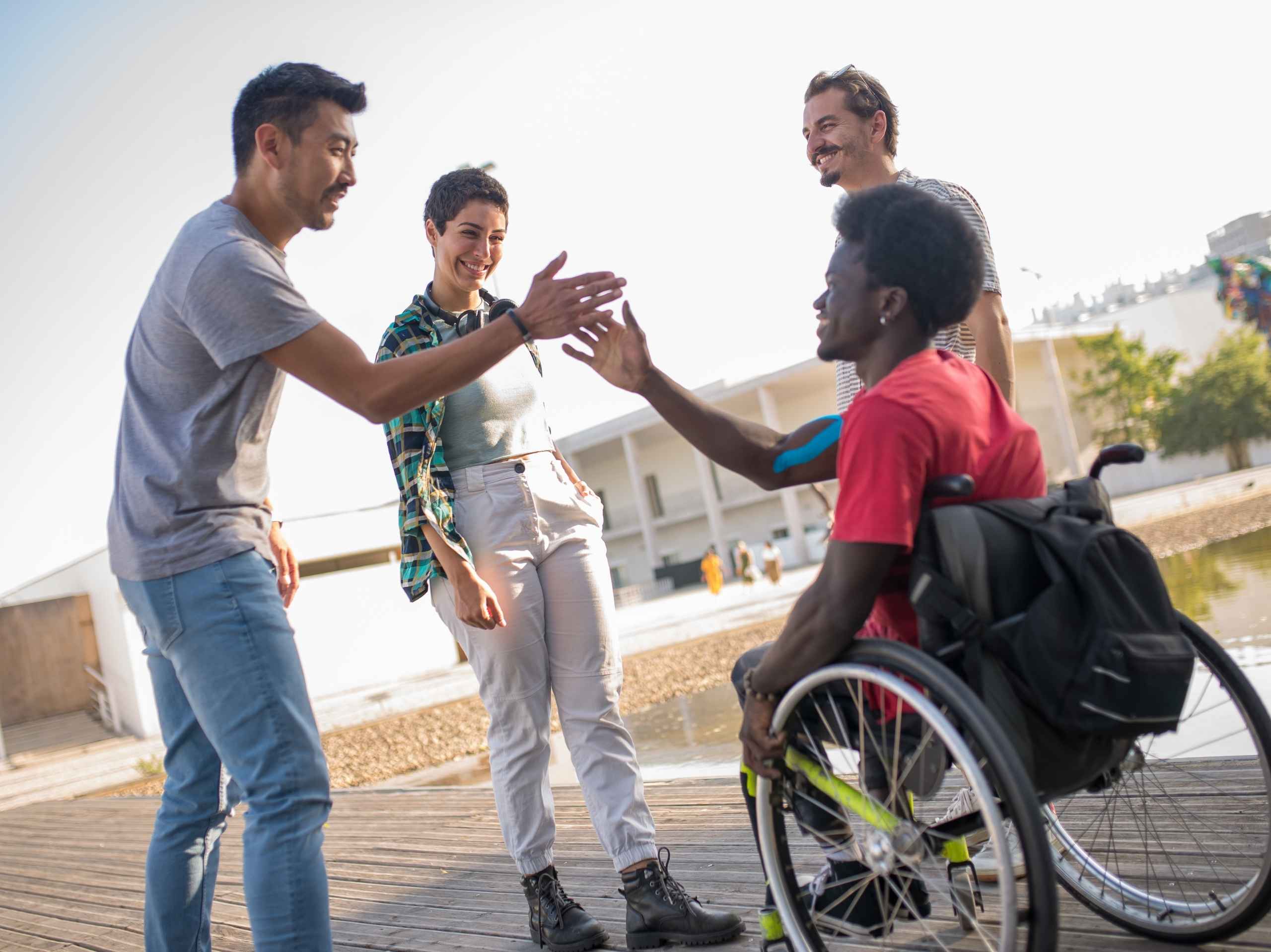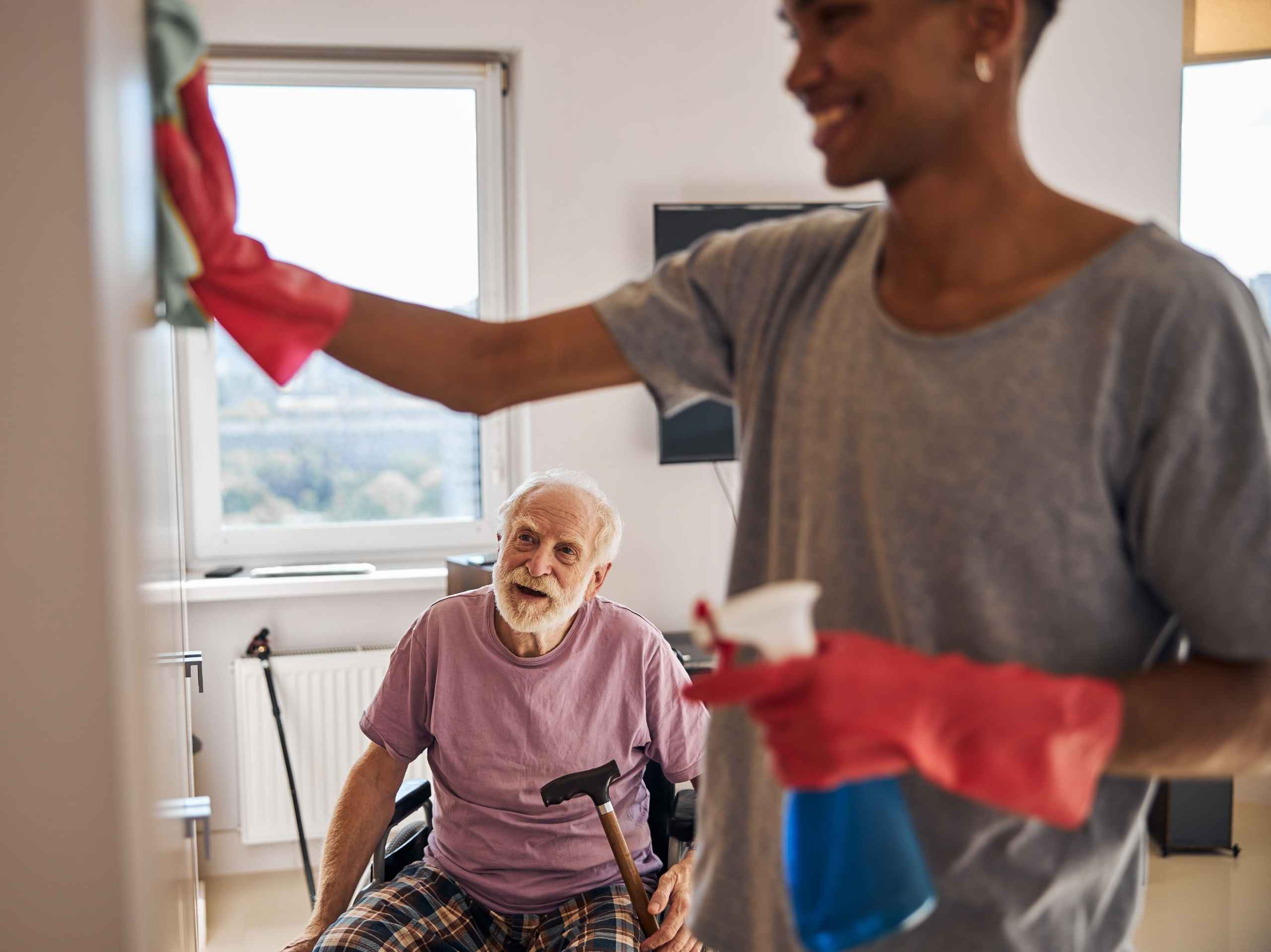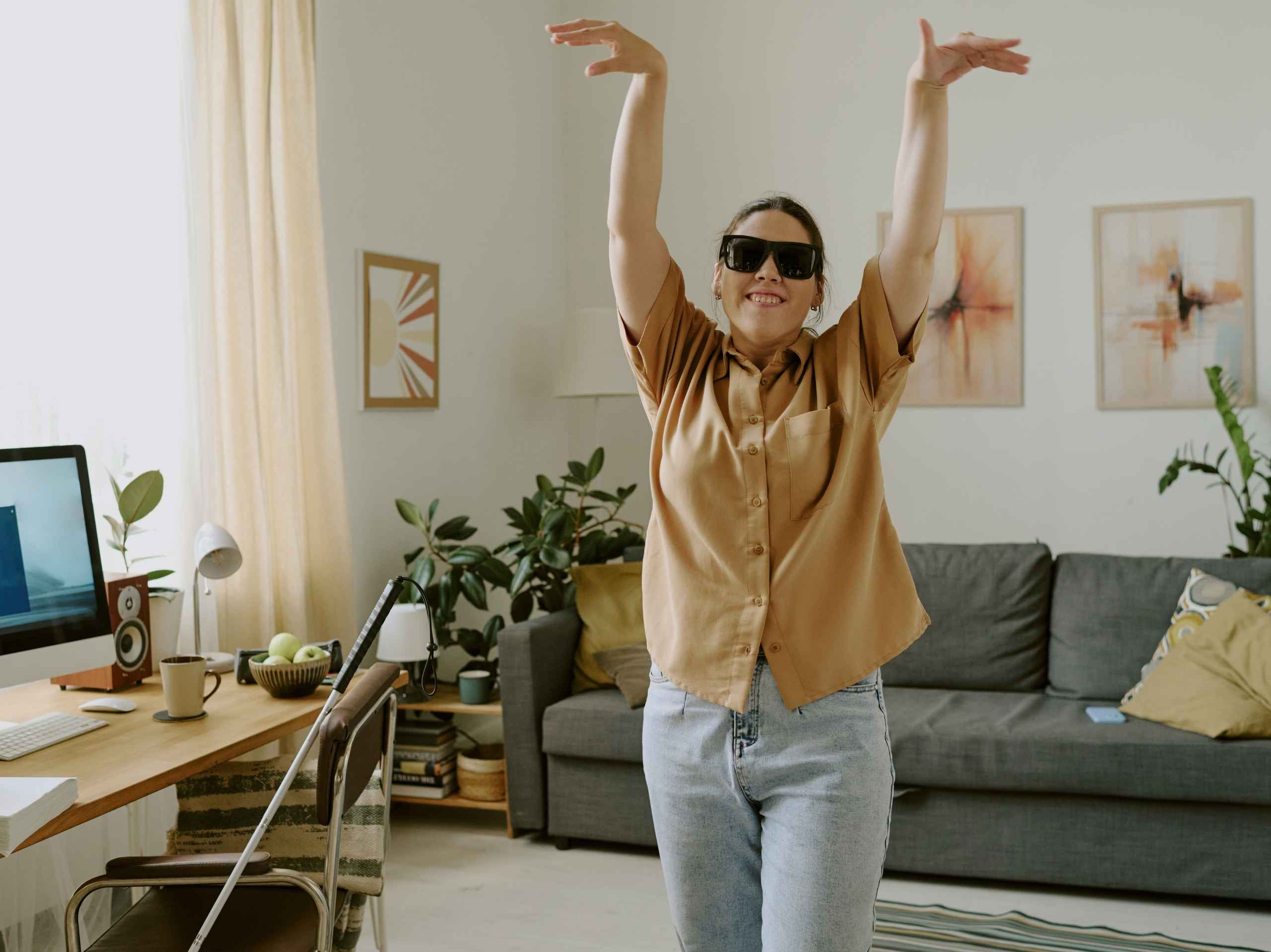How Community Participation Impacts Mental Health for NDIS Participants
Living with a disability often comes with unique challenges when it comes to mental health and emotional well-being. For NDIS (National Disability Insurance Scheme) participants, creating meaningful social connections is not just about feeling included—it’s about building confidence, reducing feelings of isolation, and thriving. That’s where community participation plays a powerful role.
Community participation fosters human connection, encourages personal growth, and provides avenues for emotional support. Whether it’s joining a local art class, volunteering at an animal shelter, or simply enjoying a chat at a coffee catch-up, being part of a community can transform mental health outcomes and improve overall quality of life.
This blog explores the vital role of social engagement for NDIS participants. We’ll uncover how community involvement contributes to mental well-being, highlight key activities that make a difference, and tackle some of the challenges along the way. After all, stronger connections lead to stronger hearts and minds.
How Community Participation Supports Mental Health
Staying socially active is one of the best ways to care for mental health. For NDIS participants, this kind of involvement can be life-changing. Engaging in community activities encourages feelings of connection and belonging, making everyday life less lonely and more fulfilling.
Combatting Loneliness and Isolation
One of the biggest psychological challenges for many people navigating life with a disability is isolation. Spending long periods without meaningful social interactions can lead to loneliness, anxiety, and even depression.
Participating in group activities or attending community events creates opportunities to connect with others who understand and empathise. These shared experiences help individuals feel seen, valued, and included, ultimately reducing feelings of loneliness.
Boosting Confidence and Building Resilience
By joining structured programs, NDIS participants can develop skills that build self-esteem and personal resilience. Small interactions, like speaking up in a group discussion or greeting new people, can gradually lead to bigger achievements, such as leading a project or mentoring someone else. This progression instills a sense of independence and pride, which positively impacts mental well-being.
Offering Emotional Support Networks
Community participation can also serve as a gateway to emotional support. Through inclusive programs or peer mentorships, participants often find people who share their experiences and challenges. Knowing you’re not alone and having someone to share your thoughts and fears with can dramatically improve mental health. Support networks act as pillars of strength when the road feels tough.
Key Community Activities That Enhance Mental Well-being
Engaging in the right activities is essential to making an impact on mental health. Here are four key areas of community participation that are proven to foster social inclusion and emotional resilience for NDIS participants.
1. Group Social Activities
Participating in social events, like hobby-based meetups or recreational programs, is a wonderful way to meet others and build meaningful relationships. Joining a painting class, participating in a book club, or attending movie nights makes it easier to bond over shared interests in a casual, welcoming setting.
For example, many local community centres offer inclusive programs tailored for people with disabilities. These events provide a safe and supportive space where participants can feel comfortable expressing themselves.
2. Volunteer Opportunities
Volunteering isn’t just about giving back—it’s also a fantastic way to feel a sense of purpose and achievement. Whether it’s helping out at a food bank or assisting at a school fundraiser, contributing to a cause can fill someone’s day with joy and fulfilment.
Take Sarah for example, a young woman with cerebral palsy who started volunteering at her local animal rescue shelter. Over time, she found not only happiness in caring for animals but also friendships with fellow volunteers, which significantly improved her confidence and reduced her social anxiety.
3. Physical Activity Programs
Exercise doesn’t just boost physical health—it works wonders for mental health too. Activities like accessible yoga sessions, inclusive dance classes, or even a gentle bushwalk with a guided group release “feel-good” chemicals in the brain, like serotonin and dopamine.
NDIS-funded programs often include fitness classes specially designed for participants. These sessions cater to different abilities, so everyone can enjoy the benefits of moving their body in a safe and fun environment.
4. Support Groups and Peer Mentorship
Support groups and peer mentorship programs create empowering environments where individuals can share their stories, seek guidance, and lift each other up. Knowing there’s a community of people who’ve faced similar challenges and overcome them can offer hope, strength, and perspective.
Take James, an NDIS participant who joined a peer mentorship program after feeling isolated post-injury. Connecting with a mentor who’d gone through similar experiences completely shifted his outlook, equipping him with strategies to manage anxiety and rebuild his confidence in everyday life.
Overcoming Barriers to Community Participation
While community involvement sounds great, many NDIS participants face barriers to fully participating in social activities. These challenges are often related to mobility, accessibility, or even overcoming personal fears like social anxiety.
Addressing Practical Challenges
Accessible transportation, physical accommodations, or lack of knowledge about local programs can sometimes make participation feel daunting. Support coordinators and caregivers can help by researching NDIS-funded resources or finding local services specifically designed to remove these challenges.
Encouraging Engagement
Another common barrier is hesitation or nervousness about engaging in new environments. Caregivers and family members can provide encouragement by accompanying participants to events or starting with smaller, low-pressure activities to help build confidence over time.
NDIS includes funding options to support community participation. Speak to your coordinator about your plan, and look out for programs that provide transport or mobility support to further ease the process.
Real Stories: Transformative Power of Social Participation
Stories of NDIS participants thriving through community involvement highlight just how significant these connections can be.
For instance, Rachel, a 35-year-old participant with multiple sclerosis, joined a gardening club to explore a new hobby and meet new people. What started as an interest soon became a lifeline. She now enjoys daily gardening sessions with her newfound friends and describes it as the happiest part of her week.
Similarly, Daniel’s confidence skyrocketed after attending an inclusive art workshop. His artwork was showcased in a local gallery exhibition, and that experience motivated him to pursue a meaningful career in design.
These stories remind us how vital social participation is—not only for fostering joy but also for empowering participants to live their fullest lives.
Why Promoting Community Participation Matters
True connection changes lives. For NDIS participants, joining community programs isn’t just about activities—it’s about building confidence, reducing isolation, and discovering your voice. At Reaching Abilities, we design NDIS community participation plans that blend social outings, skill-building workshops, and one-on-one coaching to help you thrive.
Caregivers and coordinators: your encouragement opens doors. Whether it’s exploring art classes, volunteering locally, or attending inclusive events, Reaching Abilities’ tailored programs turn small steps into lasting growth.Ready to help someone connect? Visit Reaching Abilities’ NDIS Community Participation Programs or call 1300 933 811. Together, we’ll craft a plan that fits their goals—because belonging starts with feeling seen, heard, and valued. Our Blacktown team creates safe spaces where friendships flourish, one coffee chat or shared hobby at a time.

Ozer Tanlasi – Founder and Director of Reaching Abilities
Ozer Tanlasi is the Founder and Director of Reaching Abilities, an organisation dedicated to providing compassionate and empowering support to individuals with disabilities. With a background in allied health and a deep commitment to inclusive care, Ozer established Reaching Abilities to create a welcoming space where individuals can thrive, gain independence, and achieve their personal goals. Her approach is centred around understanding each individual’s unique needs and strengths, ensuring they receive tailored services that make a positive impact on their lives. Under Ozer’s leadership, Reaching Abilities has become known for its compassionate, client-focused approach, supporting individuals and families in building meaningful connections and reaching new potentials.






